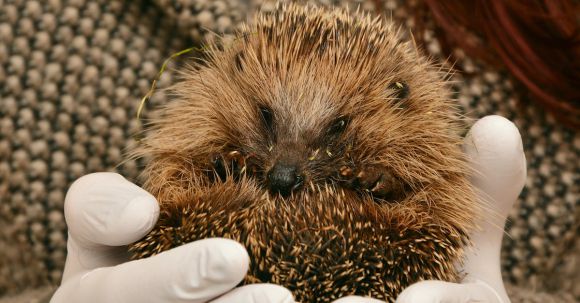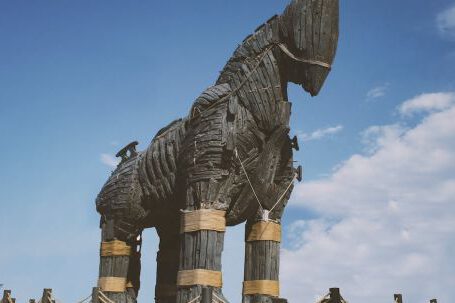As the winter season approaches, many animals prepare themselves for the long, cold months ahead. Some creatures, such as bears and squirrels, go into a deep sleep called hibernation. They conserve energy and survive on stored fat until spring arrives. But have you ever wondered why some animals hibernate while others do not? In this article, we will explore the fascinating world of hibernation and uncover the reasons why certain animals choose this survival strategy.
The Concept of Hibernation
Before delving into the reasons for hibernation, let’s first understand what hibernation entails. Hibernation is a state of extended sleep that allows animals to survive in environments with limited food and harsh weather conditions. During this period, an animal’s metabolic rate drops significantly, reducing the need for energy and slowing down bodily functions. This allows them to conserve energy and survive until more favorable conditions return.
Reasons for Hibernation
1. Food Scarcity
One of the primary reasons animals hibernate is the scarcity of food during the winter. As temperatures drop, plants die off, and insects become scarce. This lack of available food makes it difficult for animals to find the necessary sustenance to survive. By entering into hibernation, these animals can reduce their metabolic rate and survive on stored fat until food sources become abundant again.
2. Energy Conservation
Hibernation is an excellent strategy for conserving energy. By lowering their metabolic rate, animals can drastically reduce the amount of energy they require to survive. This is particularly beneficial in environments where food is scarce or hard to find. By entering into a deep sleep, these animals can survive on their fat reserves for an extended period, minimizing the need to search for food or maintain bodily functions.
3. Extreme Cold
Some animals hibernate to escape the extreme cold temperatures that come with winter. Cold-blooded animals, like reptiles and amphibians, cannot regulate their body temperature internally. Hibernating allows them to seek out warmer underground burrows or crevices, where they can avoid the freezing temperatures above ground.
4. Reproductive Success
For many animals, hibernation is also linked to reproductive success. By timing their hibernation period, animals can ensure that they are awake and active during the optimal breeding season. This allows them to maximize their chances of finding a mate and successfully reproducing. Hibernation also helps protect developing embryos from the harsh winter conditions, increasing the likelihood of survival for the next generation.
5. Predation Avoidance
Some animals hibernate to avoid becoming prey to predators. By entering a state of dormancy, they can effectively hide from potential threats and reduce their chances of being detected. This survival strategy allows them to minimize the risk of predation and increase their chances of survival until more favorable conditions return.
Conclusion
Hibernation is a remarkable adaptation that allows animals to survive in challenging environments. By conserving energy, avoiding predators, and ensuring reproductive success, hibernating animals have evolved a unique strategy for surviving the winter months. While not all animals hibernate, those that do benefit greatly from this ability to go into a deep sleep and emerge when conditions improve. The world of hibernation is a fascinating one, full of remarkable adaptations and survival tactics that continue to captivate scientists and nature enthusiasts alike.





